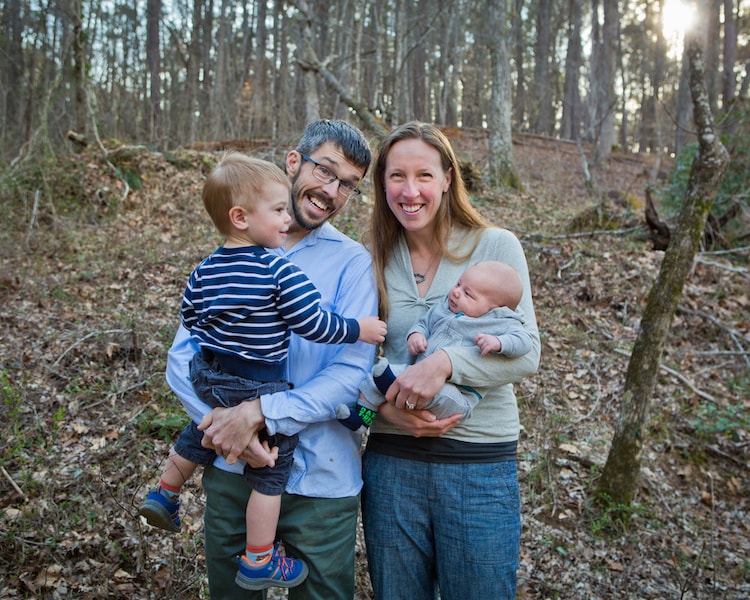
Growing up in the foothills of the Wasatch Mountains, a range of craggy granite peaks are constantly in your field of view. Bradley Hintze was the kind of kid who just had to know what it was like to be up there. There is an excellent trail network along the entire range today, but until the late 1990s, accessing the mountains south of Little Cottonwood Canyon was a challenge – which just increased Bradley’s curiosity.
People who commit to following curiosity into the unknown are a unique breed, and their paths often inspire awe and admiration. Bradley made friends with adventurers, and he never thought much of the attention people gave him until he started getting awards for doing the same things all his peers were doing.
“I remember in 8th grade I received a community achievement award,” he recalls. “I didn’t think anything of it. I was just like- yeah, here I am, going to school.”
In 2007, he completed the LOTOJA, short for Logan to Jackson, the nation’s longest one-day bicycle race spanning three mountain passes between Utah, Idaho and Wyoming. He had completed thousands of miles of training and more than 200 miles on the day of the event. Like summiting peaks in the Wasatch, it was an accomplishment that satisfied his personal thirst for challenging the unknown.
Not unexpectedly, those who watched him do it were impressed, and it was after the LOTOJA that he started recognizing a pattern in the attention people paid to his achievements. From the award in 8th grade to accolades as he pursued an undergraduate degree in biochemistry at Utah State University, he realized the admiration was partly due to circumstances with which he had nothing to do.
“I think riding my bike and seeing the response that generated really was when I started to notice,” he says. “I thought, there are 999 other people doing this ride. They trained just like I did. All my friends are going to college. “That’s when it really started to hit me. I was like – hey, what’s going on here.”
Bradley was born with mild cerebral palsy, and in his teens developed a neurological disorder of the neck called cervical dystonia. The former inhibits fine motor control and the latter makes it difficult to hold his head up. He has always been pragmatic about the effect these physical limitations have on his life, and he has never sought to “overcome” them. “I still can’t write, hold my head up straight, or talk clearly,” he says. “Rather, these impediments were not a factor in my accomplishments. I have done the things I have done not despite my physical impairments, but because my physical impairments were irrelevant to the mechanism of my accomplishments.”
Googling “Bradley Hintze” brings up articles with titles like “Ignoring Limits,” and “Duke PhD Student Pedals Past Disability.” A family member recently released a short documentary he produced about Bradley that frames Bradley’s story as an inspiring tale of a handicapped kid overcoming adversity. While he realizes he risks sounding unappreciative, he’s frank view of this conception is that its utter nonsense.
He offers that if the trajectory of his life is admirable, it’s because he has followed the challenging path charted by curiosity. He left high school thinking that college was for “smart people” and that his future was in construction. Then his determination to succeed in one undergraduate biology class changed his life course forever.
“I had no notion of what I was going to do as a biochemist,” he says. “I just thought it was so cool, I didn’t care. I was going to learn more about it.”
His fine motor skills prohibit detailed lab work, so he learned computer programming and became the data wiz on his research teams. Today at 37, Bradley has a PhD in structural biology and works in the Duke University healthcare system as a data scientist. He and his wife are raising their two sons in North Carolina.
The ultimate obstacle he overcame in his life was fear of the unknown, he says. Everyone, regardless of physical ability, has to overcome that if they want to follow in the footsteps of someone like Bradley.


